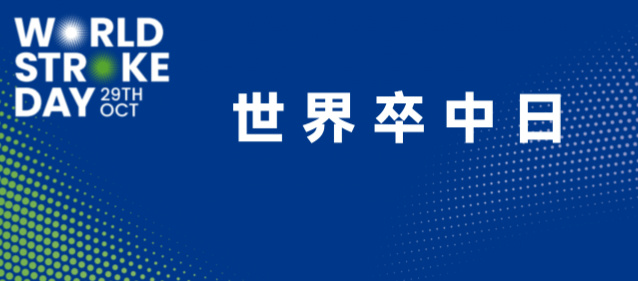FDA批准降低卒中风险新设备
2015年2月9日,美国食品和药物管理局(FDA)批准用于减少某些患者卒中风险的新设备上市。
2015年2月9日,美国食品和药物管理局(FDA)批准用于减少某些患者卒中风险的新设备上市。
FDA称,经颈动脉ENROUTE神经保护系统(TNS)是首个通过颈部切口而非腹股沟切口进入颈动脉的新设备。
该系统被批准用于恢复动脉狭窄患者的正常血流。该系统具有“血流逆转系统”,以捕获在血管成形术和支架术过程中脱落的动脉栓子。
颈动脉供血到脑部,但由于胆固醇或脂肪物质形成的斑块可以使之变窄或堵塞,如果斑块脱落进入脑血管会引发卒中。
但是该研究发现,在约14%的患者中至少有一个严重并发症发生,包括在该装置插入部位出血过多或损伤,低血压,在颈动脉后支架置入后形成血块。
但是FDA称,该设备的并发症发生率和类型与其他颈动脉手术产生的并发症相近。
文章原文:FDA Approves New Device Aimed at Easing Stroke Risk
MONDAY Feb. 9, 2015, 2015 -- A new technology designed to reduce stroke risk in certain patients has been approved by the U.S. Food and Drug Administration, the agency announced Monday.
The ENROUTE Transcarotid Neuroprotection System (TNS) is the first device designed to access the carotid (neck) arteries through an incision in the neck, instead of the groin, the agency explained.
The system was approved for use in people who are undergoing procedures to restore normal blood flow in narrowed neck arteries.
The system also has a "blood flow reversal system," to capture bits of blockage in the arteries that are dislodged during angioplasty and stenting.
The carotid arteries supply blood to the brain, but can be narrowed or blocked by accumulations of cholesterol or fatty substances called plaque. If a piece of plaque breaks off, it can travel to the brain and cause a stroke.
Carotid artery disease causes more than half of the strokes in the United States, according to the National Heart, Lung, and Blood Institute.
"Until today's clearance, the only FDA-cleared systems to capture and remove debris and prevent them from reaching the brain during carotid angioplasty and stenting procedures required entry into the body through the femoral artery using an incision in the groin," explained Dr. William Maisel in an FDA news release. He is acting director of the Office of Device Evaluation at the FDA's Center for Device and Radiological Health.
He said the new system is meant for patients who have twisted or "tortuous" vessels that do not "permit access via the groin for treating their narrowed carotid arteries."
One expert applauded the FDA approval.
"This is a novel approach to 'cleaning out' harmful plaque that has been shown to cause strokes," said Dr. Paul Wright, chair of neurology at North Shore University Hospital in Manhasset, N.Y.
"Until now, the only options available are carotid stenting and open surgery," he explained. "Carotid stenting involves entering the groin and traveling all the way up to the plaque site."
In the new system, the ENROUTE device "enters the neck through a small incision above the blockage and then places the stent," said Wright, who is also at Long Island Jewish Medical Center in New Hyde Park, N.Y. "Meanwhile, the potentially harmful plaque is filtered outside of the body. This novel approach offers patients another proven way to 'clean out' potentially harmful plaque in a safe manner."
The FDA's approval of ENROUTE TNS, made by Silk Road Medical in California, is based on the results of a clinical trial paid for by the company. The study found that the rate of stroke, heart attack and death among patients treated with the system was just 3.5 percent, outperforming the study's target goal of 11 percent.
However, at least one serious complication occurred in about 14 percent of patients, the study found. These included excessive bleeding or injury at the site where the device was inserted, low blood pressure, and the formation of blood clots within the stent after placement in the carotid artery.
Still, the rate and types of complications for ENROUTE are similar to those associated with other carotid artery procedures, the FDA noted.



.jpg)


